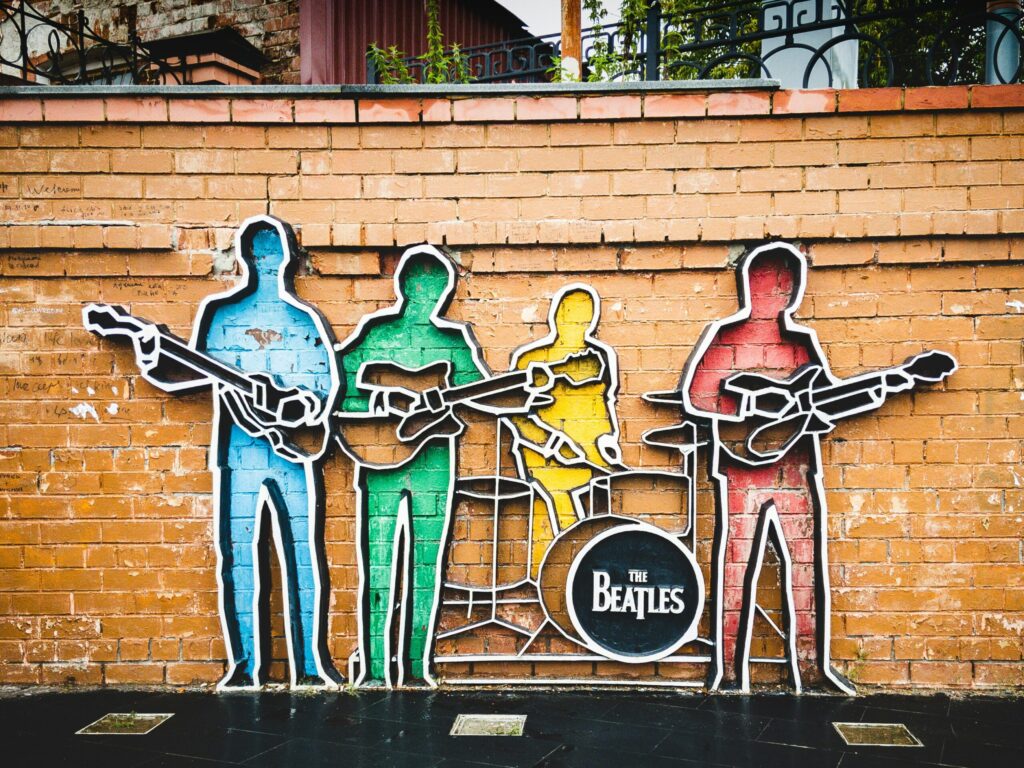On January 30, 1969, The Beatles made an unexpected and unforgettable mark on music history. Without prior notice, the band took to the rooftop of their Apple Corps building in London for an impromptu concert that would become their final live performance. This unorthodox farewell not only marked the end of an era for the legendary band but also showcased the raw, unfiltered talent that had defined their career. The rooftop concert remains one of the most iconic moments in the history of live music, combining elements of spontaneity, rebellion, and musical brilliance.
A Surprising Performance
The rooftop concert, which took place during the recording sessions for their album Let It Be, was not part of any planned tour or major spectacle. Instead, it was a spontaneous event that was as much about capturing the band’s essence as it was about the music itself. As The Beatles played classic tracks like “Get Back” and “Don’t Let Me Down,” they stood on the rooftop, surrounded by their crew, with the London skyline in the background. Despite its impromptu nature, the performance was a masterclass in energy and musicianship.
The sound of the music spilled out into the streets below, drawing crowds of onlookers who were both surprised and delighted by the unexpected show. The police, however, were not so impressed, and they were soon called to halt the performance due to noise complaints. This dramatic and somewhat chaotic ending was a fitting tribute to The Beatles’ career, embodying their rebellious spirit and commitment to creating unique, boundary-pushing experiences for their fans.
Symbolism of the Moment
This rooftop performance was not only the last time The Beatles played live together, but it also represented a significant turning point in the band’s journey. By this point, tensions between the band members had been growing, and the pressure of their fame and creative differences was beginning to take its toll. The performance, however, captured a moment of unity and defiance, a testament to the band’s enduring bond through their music, even as cracks in their personal relationships began to widen.
The rooftop concert was not just a farewell to live performances, but a symbol of the innovative spirit that had always driven The Beatles. It was a moment of improvisation, of breaking free from traditional concert formats, and of delivering something raw and genuine to their audience. It was this sense of innovation that had made them pioneers in the world of music, and this final live performance only cemented their place in history.
Lasting Impact and Legacy
The Beatles’ rooftop concert holds a special place in the legacy of live music. At a time when traditional concerts were still the norm, their decision to perform on a rooftop with no audience except passersby and the police made the performance a symbol of the changing landscape of live shows. The spontaneity and authenticity of the moment stand in stark contrast to the highly produced, carefully choreographed performances that would come to define large-scale rock concerts in the 1970s.
For the band, this performance was a bittersweet reminder of the camaraderie and creative brilliance they shared in their earlier years. It was also a demonstration of their lasting influence, showing that even in the midst of personal conflict and professional challenges, their music could still bring people together. Today, the rooftop concert remains a pivotal moment in music history and is often cited as one of the greatest live performances ever recorded.
In conclusion, The Beatles’ rooftop concert in 1969 was more than just a farewell to live performances—it was a defining moment that encapsulated everything the band stood for. Their willingness to break with tradition, their unwavering commitment to creating new experiences, and their ability to connect with their audience in a meaningful way continue to inspire musicians and fans to this day.


